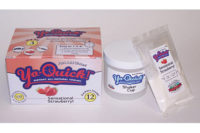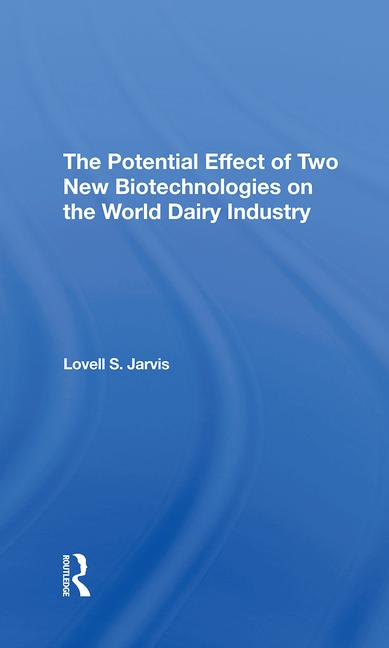According to the Chicago Tribune, the United States has the worst maternity leave income plan among industrialized countries. It has none. In fact, out of 168 nations in a 2004 Harvard University study, 163 had some form of paid maternity leave, leaving the United States in the company of Lesotho, Papua New Guinea and Swaziland. (August 1, 2005)
Why am I telling you this? Simple, it's reassuring to know that we are lagging in something else other than probiotics. (O.K. It's a stretch, but I have your attention!)
The good news is we are making some progress in the area of probiotics. According to the 2005 HealthFocus Trend Report, in 2002, 13% of all shoppers surveyed had heard about probiotics and gastrointestinal health. In 2004, this number jumped seven percentage points to 20%. But this is nothing compared to the 67% who are aware of the connection of vitamin E and healthy skin, or the 59% who know omega-3s have a positive impact on heart health.
The survey categorized a group of respondents as "Immunity Health" shoppers, who are those interested in foods, beverages and supplements that boost the immune system (see graph). The report indicates that 89% of Immune Health shoppers want to learn more about foods that boost the immune system. Furthermore, "supports the immune system" is an extremely important label claim for 35% of Immunity Health shoppers vs. only 11% of other shoppers and is a very important claim for another 29% of Immunity Health shoppers vs. only 22% of other shoppers. Nearly a quarter of Immunity Health shoppers (23%) are able to link probiotics with gastrointestinal health.

Around the world
Valio Ltd., Finland's leading dairy, is a mover and shaker in the area of probiotics research and product development. The company manufactures numerous dairy products formulated with Lactobacillus GG (LGG), one of the best-known probiotic strains, as its properties and health benefits are well documented in more than 150 published scientific articles. These papers specifically demonstrate LGG's intestinal adhesion, survival and temporary colonization, as well as its beneficial impacts on colon microecology. LGG has been shown to boost the formation of antibodies and thus, supplements the immune system.In Japan, Calpis Co., continually studies its original cultured milk containing Lactobacillus helveticus. The company uses this data to develop specific functional foods that address numerous human health issues including blood pressure, allergies, intestinal condition and blood sugar. The company recently introduced the Interbalance L-92 series of products. All of the products contain Lactobacillus acidophilus L-92, which is recognized as an immune booster and was selected from among the 2,000-plus strains that the company owns.
Back to America, the HealthFocus study reports that 42% of shoppers are aware of the dairy and weight management connection. Funny, that data has been out for only a few years, and probiotic benefits have been known for a century. When the dairy industry puts its mind (and resources) to getting a message out, it works. (Hint, hint, probiotics could sure use some help. We can do better than the government on maternity leave.) By the way, I am not pregnant. N
For more information on the HealthFocus study, please visit www.healthfocus.com, or call 727/821-7499.







